Traveling is undoubtedly exhilarating, and traveling solo has its own merits. You get to explore the world on your terms, make spontaneous decisions, and carve your own path. Traveling solo is a chance for self-discovery, personal growth, and unique experiences. However, traveling solo also comes with additional responsibilities towards your safety and health. Here’s your guide to travel health and wellness to ensure you have a happy and healthy journey.
1. Pack a Travel First-Aid Kit
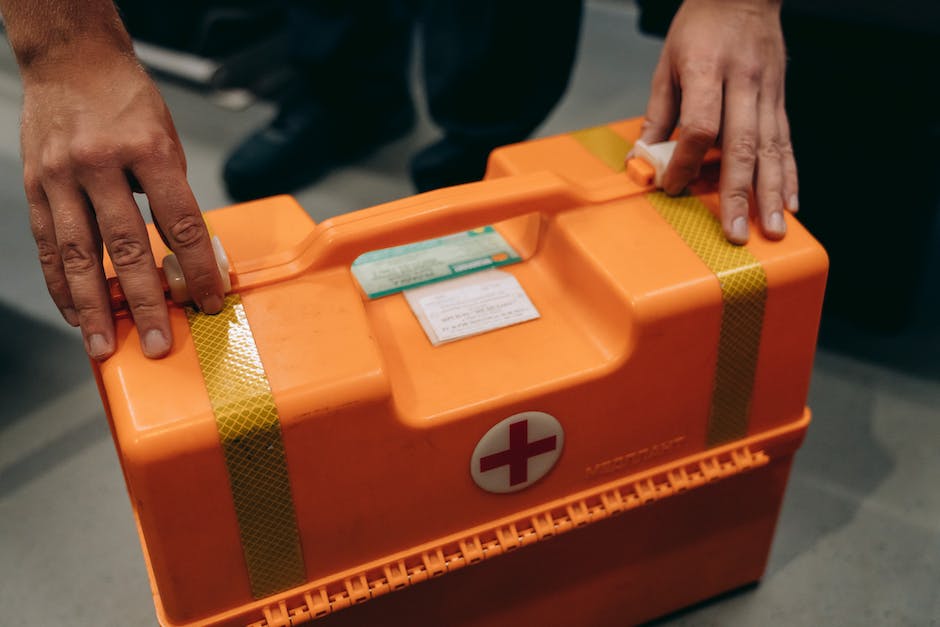
A first-aid kit is a traveler’s best friend. No one expects an injury, but it’s always better to be prepared. As a solo traveler, carrying a compact first-aid kit is essential. Pack basics like bandages, painkillers, antihistamines, and other essentials that may be needed. If you have other specific health requirements or need prescription medications, don’t forget to pack them. Remember, having your kit ensures you are prepared for any minor illnesses and injuries that might occur while traveling.
2. Stay Hydrated

It’s easy to forget to drink plenty of water while traveling. Still, it’s essential to never let yourself or your body run out of hydration. Carry a refillable water bottle and remember to drink plenty of water throughout the day, especially when out exploring. Staying hydrated will help you avoid headaches, fatigue, and other health issues that can occur while you’re out exploring new destinations.
3. Take Care of Your Skin

Your skin can suffer due to different climates and environments. Make sure you are prepared for it. Pack a sunscreen lotion, moisturizer, lip balm, and insect repellent. It’s also essential to wear a hat and long-sleeved clothing to protect your skin from harmful UV rays. Protecting your skin while traveling is critical for your health and well-being.
4. Get Adequate Sleep
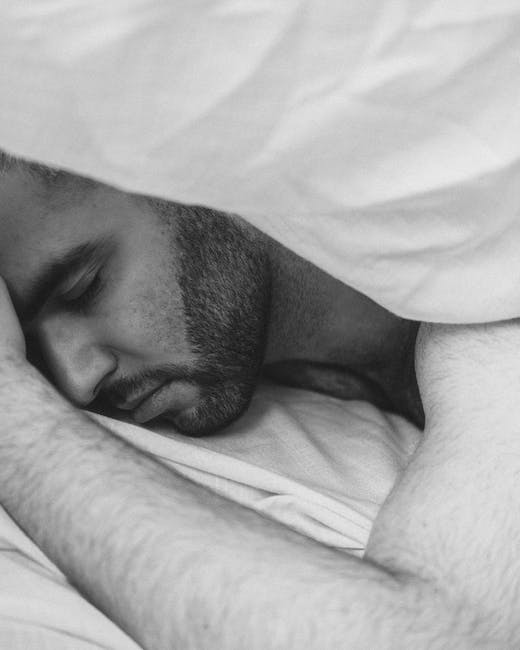
Getting a good night’s rest can be difficult while traveling, particularly if you have jet lag or are in a different time zone. Try to avoid consumption of caffeine or alcohol before bedtime. Instead, create a relaxing bedtime routine, like reading a book or listening to calming music, to help you fall asleep more quickly. A proper sleep routine will help you rejuvenate and be prepared for your next destination.
5. Stay Active

It’s easy to become sedentary while traveling, particularly when traveling on long flights or sitting on buses for extended periods. Make an effort to stay active by going for walks, practicing yoga, swimming, or engaging in other physical activities. Staying active will help keep you alert, refreshed, and energized throughout your trip.
6. Sample Local Cuisines Wisely
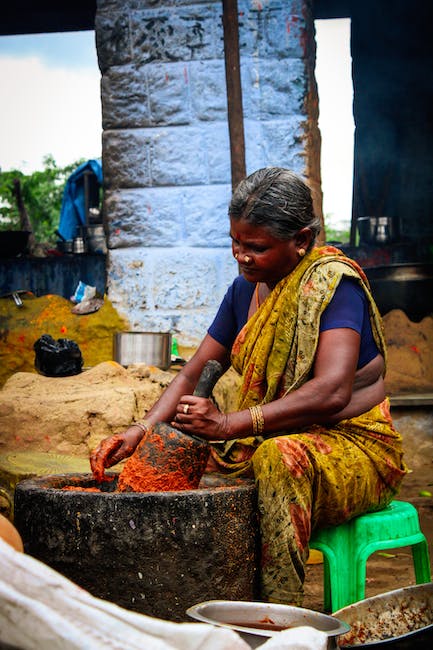
Trying new foods is one of the best parts of traveling, but it’s essential to be mindful of food safety and hygiene. If you have a sensitive stomach, be cautious of spicy foods and street foods. Also, avoid drinking tap water and unpasteurized dairy products and fruits and vegetables that are not properly washed or cooked. Sampling local cuisine is essential, but always remember food safety.
7. Consider Travel Health Insurance
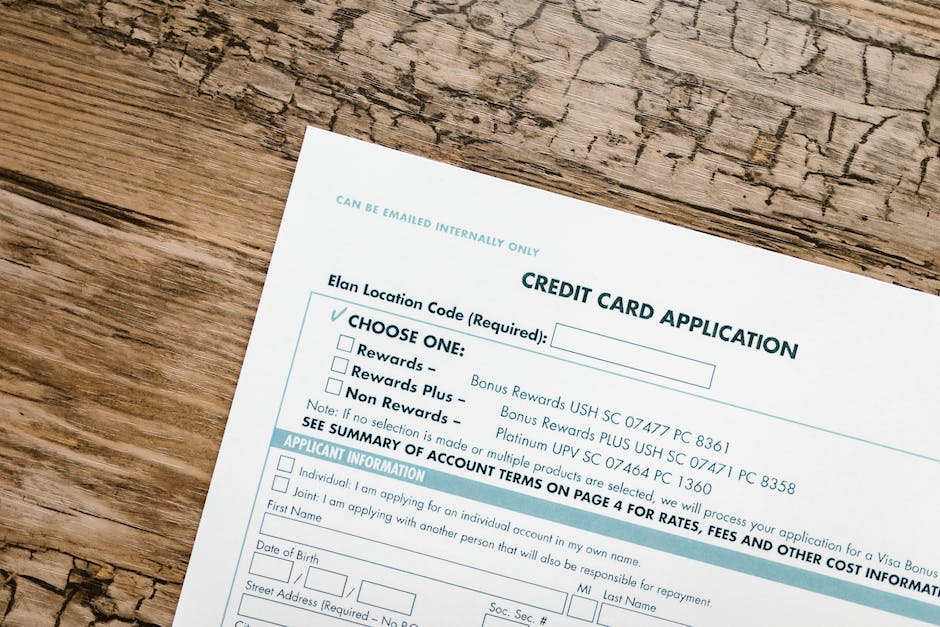
While traveling, unexpected events can occur, and having travel health insurance can give you peace of mind, knowing that you are covered in case of any medical emergencies. Check your existing insurance policy, including your credit card benefits, to see if they provide travel health insurance. If not, consider purchasing a separate travel health insurance policy to align with your trip’s specific needs.
8. Research Local Health Risks

Before traveling, make sure you research any health risks that might be prevalent in the areas you plan to visit. For instance, if you’re traveling to a region prone to mosquito-borne diseases, consider taking antimalarial medication and using mosquito nets and repellents to protect yourself from bites. Being informed and prepared is always better when it comes to your health.
9. Stay Connected

While traveling solo, it’s essential to stay connected with your loved ones and inform them of your whereabouts and plans frequently. Carry your phone and a portable charger and use email, social media, or messaging apps to stay in touch. Ensure that you have emergency contacts’ numbers and addresses handy in case of unforeseen situations.
10. Take Care of Your Mental Health

Traveling solo is an opportunity for self-discovery and personal growth, but it can also be challenging at times. Don’t forget to take breaks and give yourself time to relax. Practice mindfulness and meditation to help you focus and stay calm. Include activities that make you feel good and are memorable in your travel itinerary, like visiting museums, reading a book, or indulging in spa treatments. Take care of your mental health, and your travels will become more relaxed and enjoyable!

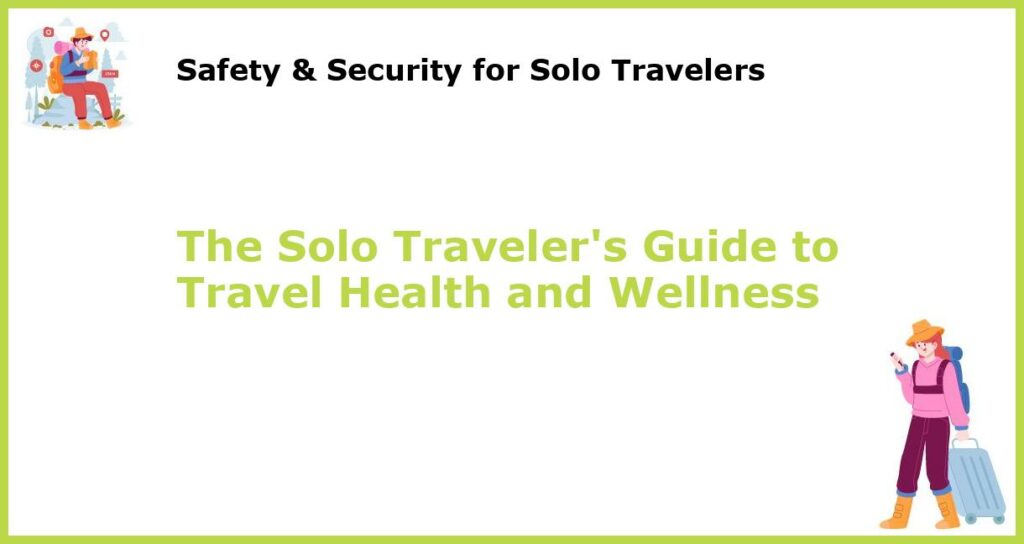






 You might also be interested in those articles related to solo traveling
You might also be interested in those articles related to solo traveling